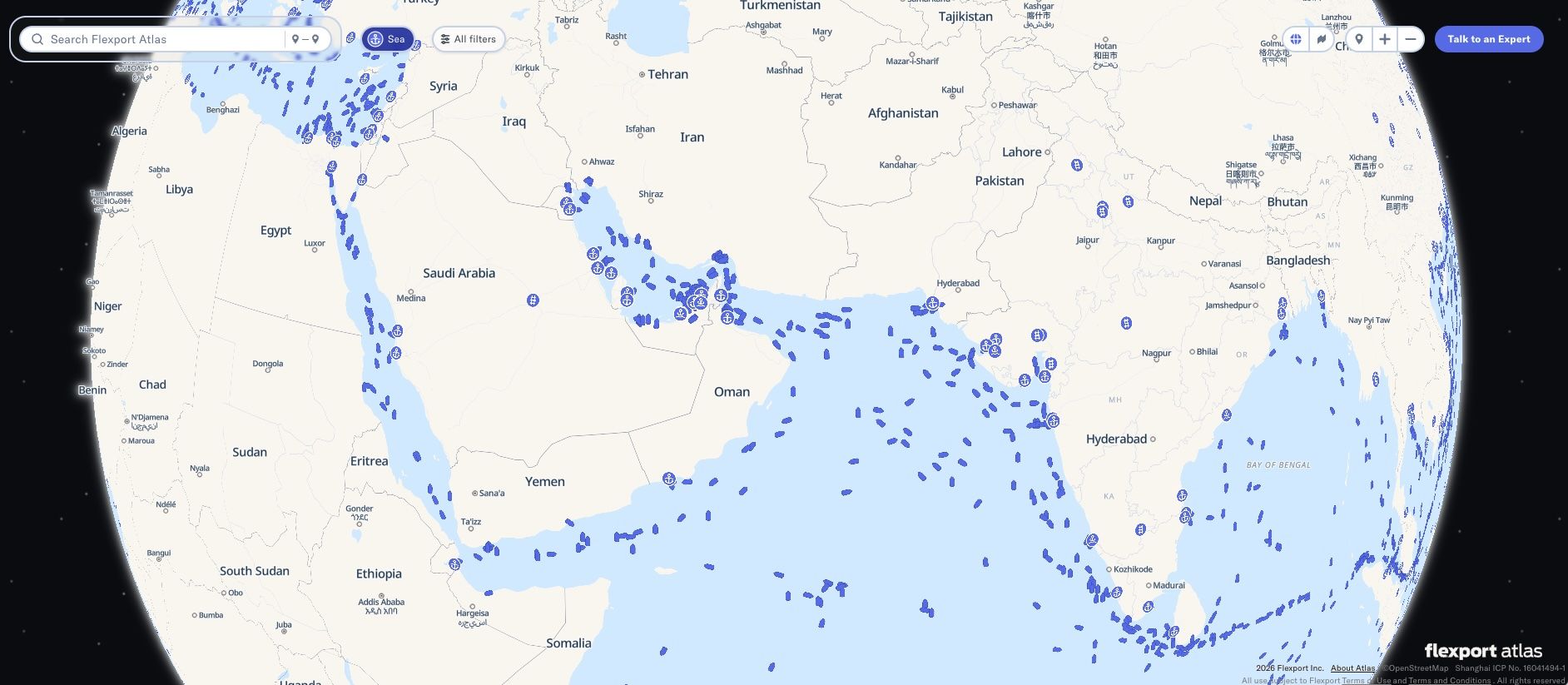
November 4, 2020
Declarations, Duties, and Drawback: Customs Brokers Streamline Trade with up to 99%+ Data Accuracy
Tags:
Declarations, Duties, and Drawback: Customs Brokers Streamline Trade with up to 99%+ Data Accuracy

November 4, 2020
Nothing requires an importer to partner with a customs broker—except, perhaps, prudence. Customs regulations can be formidable and time-consuming. When mistakes are made, consequences may include delays, fines, lost sales, or even loss of goods. Those with a customs broker at their side may find they’re able to clear goods more efficiently and even lower landed costs.
Classification of Goods
The contents of customs declarations can vary greatly. Required documentation is determined by classification of goods, their values, origins and destinations, transport modes, and provisions arising from ongoing trade relationships.
Accuracy starts with classification. This is a sticky point for many shippers, who often get lost trying to navigate detailed code systems, all of which stem from the World Customs Organization's harmonized system.
For instance, in the US, there are 98 chapters containing approximately 20,000 Harmonized Tariff Schedule (HTS) codes. Importers are ultimately responsible for total accuracy, even when using a broker, and US Customs and Border Protection (CBP) relies on a penalty program to deter non-compliance.
The US International Trade Commission, which publishes the HTS in the US, summarizes the complexity with an everyday example:
“Consider the classification of a kitchen paring knife with a ceramic blade. Either a word search or casual browsing through the Tariff Schedule might lead to heading 8211 ("Knives with cutting blades, serrated or not, . . . ."). However, Chapter 82 Note 1 excludes articles with a blade of ceramic from Chapter 82. The proper classification is in Chapter 69 as an article of ceramics.”
In the EU, however, two systems apply: combined nomenclature and TARIC, which provides additional information on tariff measures that apply to specific goods.
If that’s not enough, the close of Brexit’s transitional period ushers in a new set of codes for next year. That system may require further subdivisions for trade involving Northern Ireland.
Customs brokers, with their technical expertise in HTS classification and regulations, can help businesses slice through the complexity and look for opportunities to streamline trade flow and even minimize duties.
Data Accuracy
Getting classification codes right is only the beginning. Entry documents are full of SKUs and codes and costs, which determine final duty amounts. The timing of submissions depends on transport mode.
With such complexity, it’s easy for shippers going it alone to lose sight of strategies as they become caught up in customs resolution. This where a customs broker can help companies stay on track—and ideally, one who is looped into your freight forwarding process every step of the way.
Flexport’s freight forwarding platform helps bridge the communications between shippers, brokers, and other supply chain partners. Working on a shared platform speeds clearances, because shipment data can inform or populate declaration documents. And, with centralized and automated information, the chance of errors drops dramatically.
For instance, in 2019, through a combination of broker expertise and platform automation, Flexport customs import clearance data yielded a customs data accuracy rate of more than 99%.
A strong customs partnership, based in transparency and supported by technology, can return time to managers and free leaders to focus on building business.
Cost Management
The intricacy of customs underscores the cost benefits of working with a broker, beyond just avoiding penalties—especially when returned time is invested in growth.
Committing to a broker may reveal attractive financial incentives on top of compliance. For starters, landed costs may be lower, especially over time, as shipments clear customs without issues.
In addition, there’s the potential for drawback. This specialized refund of certain customs duties, fees, and taxes can yield surprising amounts. Recently, for example, a US company was able to recover more than $160,000 in duties through Flexport support.
Learn more about how customs brokerage services can reduce complexity for your business while delivering new ways to optimize the import process.
About the Author

November 4, 2020



